Enhanced Reduced-Order Models for Efficient and Accurate Simulations in CFD and FSI
Please login to view abstract download link
Reduced-order models (ROMs) are essential for enabling efficient and accurate simulations of complex physical phenomena, particularly in Computational Fluid Dynamics (CFD) and fluid-structure interaction. This talk focuses on recent advancements in enhancing ROM techniques to address the challenges of real-time, multi-query, and multi-physics applications. We will explore strategies to improve the accuracy and efficiency of ROMs by integrating advanced methodologies such as neural operators and optimization-based frameworks. These approaches leverage both physics-based insights and data-driven models to create enhanced ROMs that outperform traditional methods in terms of generalization and computational cost [1, 2]. Applications to CFD, including turbulent and compressible flows, demonstrate the impact of these improvements in achieving precise and reliable solutions [3]. Furthermore, the talk will discuss the role of model coupling, such as combining intrusive and non-intrusive ROM techniques, and the incorporation of domain decomposition methods to facilitate efficient and consistent solver integration [4, 5]. These strategies extend the applicability of ROMs to complex multi-physics and multi-scale problems, offering new possibilities for simulation-driven discovery and design. This talk underlines their transformative potential in advancing computational science and engineering by highlighting cutting-edge techniques for enhancing ROMs. REFERENCES [1] Ivagnes, A., Tonicello, N., Cinnella, P. and Rozza, G. (2024). Enhancing non-intrusive reduced-order models with space-dependent aggregation methods. Acta Mechanica, 1-30. [2] Ivagnes, A., Stabile, G. and Rozza, G. (2024). Parametric Intrusive Reduced Order Models enhanced with Machine Learning Correction Terms, arXiv preprint arXiv:2406.04169. [3] Zancanaro, M., Mrosek, M., Stabile, G., Othmer, C. and Rozza, G. (2024). Hybrid neural network reduced order modelling for turbulent flows with geometric parameters. Fluids, 6(8), 296. [4] Prusak, I., Torlo, D., Nonino, M. and Rozza, G. (2024). An optimisation–based do- main–decomposition reduced order model for parameter–dependent non–stationary fluid dynamics problems. Computers & Mathematics with Applications, 166, 253-268. [5] Prusak, I., Torlo, D., Nonino, M. and Rozza, G. (2024). Optimisation-Based Coupling of Finite Element Model and Reduced Order Model for Computational Fluid Dynamics, arXiv preprint arXiv:2402.10570.

